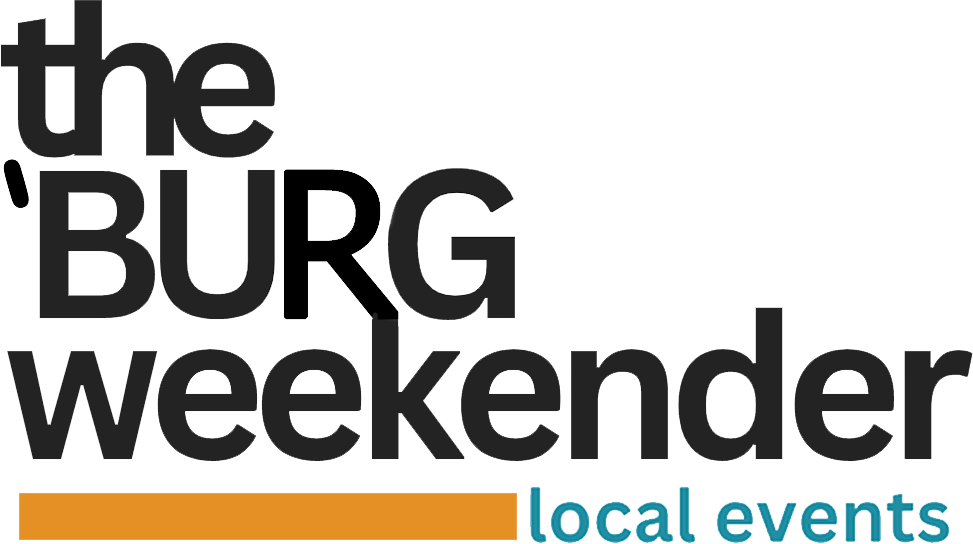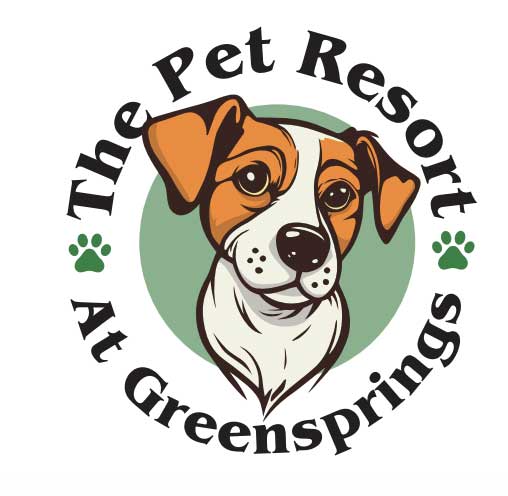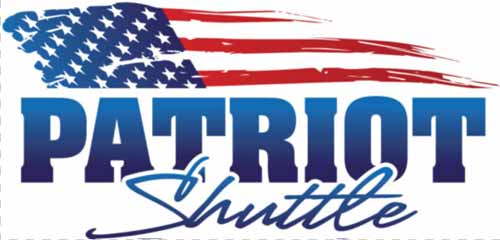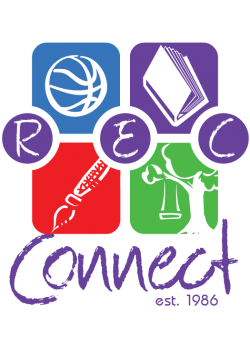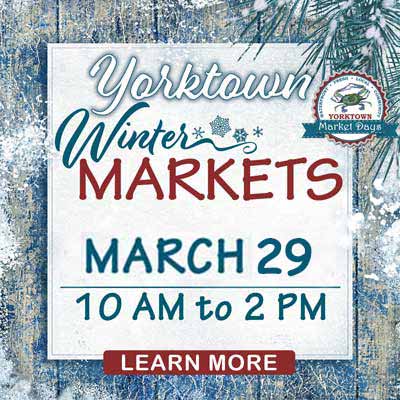PATENTS, COPYRIGHTS, AND TRADEMARKS FOR THE SMALL BUSINESS
By: Peter J. Van Bergen
1. What are Patents, Copyrights and Trademarks?
Patents, copyrights, and trademarks can help your business. A patent protects the utilitarian features of your product or process. A copyright protects any of your original works of authorship (e.g., a writing, a drawing, a performance, etc.) once it is fixed in any tangible medium of expression (e.g., paper, canvas, videotape, magnetic media, etc.). A trademark distinguishes your product or service from those of your competitors. Each of these bodies of law can be used to protect your intellectual “property.” Intellectual property is similar to real estate in that it can be bought, sold, leased, or used exclusively by the owner.
2. Why should a small business pursue them?
The advantages afforded by patents, copyrights, and trademarks vary depending on your industry and your future business plans. For example, if your product is in a relatively new industry, you may be able to obtain broad-reaching patent protection. In such a case, your patent would ideally define your particular inventive product and numerous adaptations. Equally important, however, is the case where your invention is a minor improvement on a product in an industry already crowded with similar products. Even though your patent might only define your product’s current design and not future adaptations, there are still advantages to obtaining patent protection for the minor improvement. For instance, a crowded industry is indicative of an already bustling market such that the property defined by your patent can have immediate value. Also, if you own a patent in a crowded industry, your issued patent can serve as a defense if you are sued for patent infringement.
Trademarks, too, offer varied advantages. If your business is growing, your trademark is an asset that grows in value along with advertising and goodwill. However, even if you think of yourself as just a “local” business, a registered trademark can provide you with the peace of mind that you will not be forced to change the name of your product or business in the years ahead. In either case, the value of a trademark lies in its continued use.
Copyright law protects originality of expression in any form—from the handwritten poem to the coded computer program, from the painted canvas to the programmed CD-ROM storing information that can be displayed as a video image, from the printed screenplay to the recorded performance, etc. As with a trademark, a copyright increases in value with continued use or publication. However, since copyright law is broad in scope, the advantages of a copyright tend to vary with the particular industry surrounding the “tangible medium.”
3. How do I know when to get one?
One or all of a patent, copyright, and trademark can be important to your business. Consideration of your intellectual property should occur during both the planning and operating phases of your business. Accordingly, a periodic intellectual property evaluation is a good way to be sure that you are protecting your competitive advantage.
Peter J. Van Bergen
402 West Duke of Gloucester St.
Williamsburg, VA 23185
Phone: 757-220-2649
petervanbergen@verizon.net
Peter J. Van Bergen is a local patent attorney. He has a degree in electrical engineering (BSEE) was completed at Bucknell University in 1981. He received his law degree (JD) from The College of William and Mary in 1986 and he and his family have since called Williamsburg home. Peter is a registered patent attorney (Reg. No. 32178) in Williamsburg, Virginia. Since 1990, he has specialized in patent and trademark counseling and prosecution for the entrepreneur and small business.


